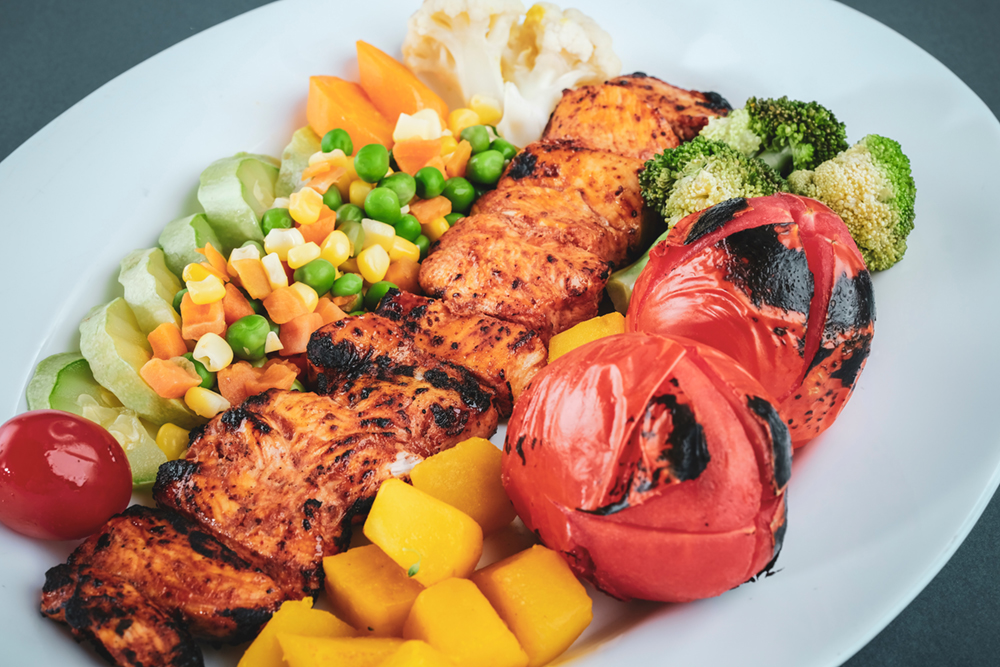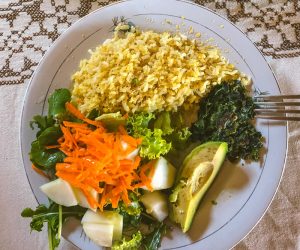
Foods That Can Reduce Anxiety, Depression & PTSD with Nutritional Psychiatrist Dr. Uma Naidoo
Dr. Caroline Leaf – Nutritional psychiatry is the use of healthy, whole foods to improve mental fitness, which includes our emotional health and mental wellbeing. This is fairly new science; over the past two decades, scientists have just begun to realize that what we eat and how we feel are very connected.
Nutritional psychiatry is based on personalized eating plans that suit the individual best. It is not a “one size fits all” program. Rather, nutritional psychiatry is based on a holistic, integrated and functional approach that allows you to work closely with your physician to design an eating plan that works best for you and your mind. Dr. Uma talks about this approach to mental health in detail in her new book This is Your Brain on Food.
As she notes, when it comes to mental health, we need to speak to the person, not just label them and move on. We need to understand the context behind their mental distress and take a holistic and integrated approach to their healing. What are ways to help the patient feel better that actually work for them?
The basis of nutritional psychiatry is the conversation that goes on between the gut and the brain.Both the gut and the brain arise from the exact same cells in the body during fetal development, and they are connected through the vagus nerve—a two-way superhighway between these two organs that is busy 24/7. In fact, around 95% of our serotonin is produced in the gut, while it is also responsible for an estimated 75% of our immune system. The gut truly is a massive and important organ!
As Dr. Uma notes, the close relationship between the gut and brain makes what we eat very important when it comes to our mental health. For example, highly processed and refined junks foods can impact the gut-brain connection if eaten regularly over time and affect our mental and emotional wellbeing. On the other hand, during the colder and darker months, what we eat (such as foods high in Vitamin D) can help us feel better and manage seasonal affective disorder.
One of the easiest tweaks many of us can make right now is to eat more fruits and vegetables. As Dr. Uma notes, this is one of the main principles of the Mediterranean diet. But does this mean that the Mediterranean diet works for everyone? No—we are all different, and we all have different nutritional needs when it comes to our mind and body. There are many ways to incorporate good foods into our diet to improve our physical and mental health, such as eating more fiber-rich foods and fermented foods, which studies have shown can help improve overall gut health and the communication between the gut and brain.
Of course, in a perfect world, we should try to get most of our nutrients from our food. But because we don’t live in a perfect world, sometimes we may need to supplement (with the advice of a medical professional) to get what we may be missing in our diets.
This article has been modified. To read the original article click here.
For more articles from Dr. Leaf click here.






